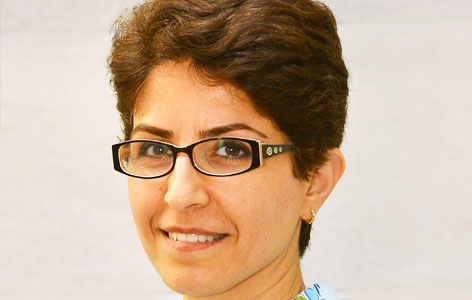
Conference: American Heart Association Scientific Sessions 2018, November 10–12, Chicago, Illinois, United States of America.
Conference Highlight: This year’s conference covered a range of topics in heart research. One key highlight was the collaboration between the American Heart Association (AHA) and American Diabetes Association with the goal to improve our understanding on the impact that type 2 diabetes has on cardiovascular disease.
Conference Summary: AHA is the most attended conference in the field of cardiovascular disease and its related complications. Presentations at this year’s conference featured research in clinical and basic sciences. One of the highlights was a presentation by Dr. JoAnn Manson who spoke about a large randomized trial called VITAL, which stands for VITamin D and OmegA-3 TriaL. This trial examined the effect of omega-3 fatty acids and vitamin D on cardiovascular protection and cancer. It showed that omega-3 fatty acids and/or vitamin D supplements do not prevent cardiovascular events or invasive cancer.
There were also presentations from world-renowned experts in related topics including arteriosclerosis, cardiac development, cellular biology, drug discovery, metabolism and signaling. While these presentations were quite informative, one talk by Dr. Roberto Bolli, entitled Mechanisms of Cardiac Repair and Regeneration, was quite engaging. Dr. Bolli shared his findings with regards to cell therapy for cardiac injury repair. He confirmed that the injected cells homed to the heart will not differentiate into cardiomyocytes and will not become cardiac residents for a long time. He showed that multi-cell injections are better at improving heart function than one mega dose injection. Another talk entitled, Molecular and Metabolic Mechanisms Underlying Cardiomyopathy, by Dr. Gary Lopaschuk, presented data demonstrating that fatty acid oxidation and its relation with insulin resistance leads to heart failure.
Overall, this year’s conference shed light on major breakthroughs made in the field of cardiovascular research. These breakthroughs will have an impact on both future research opportunities and care provided to cardiovascular patients.

